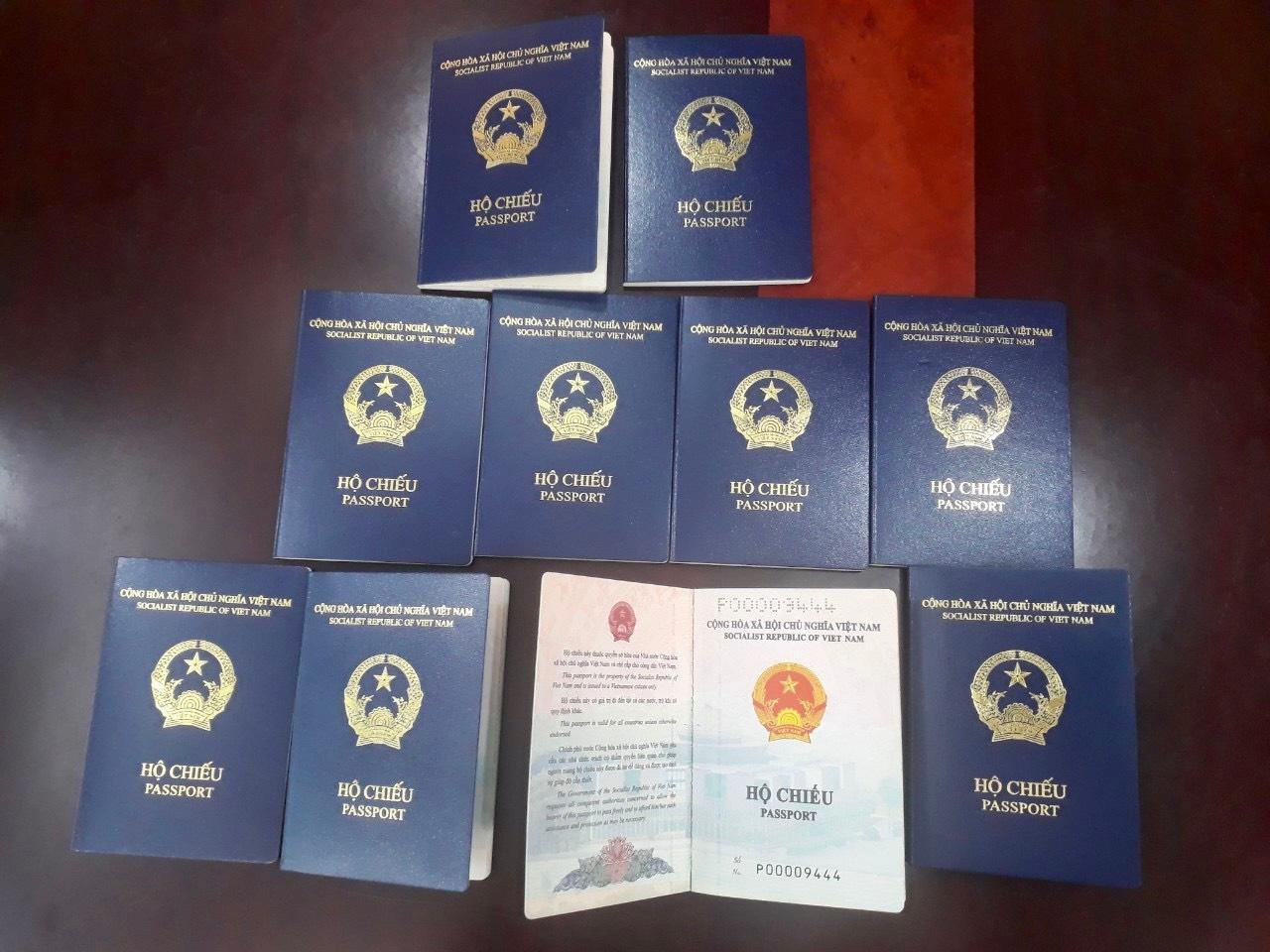HCMC – The Spanish Embassy has announced a temporary suspension on issuing Schengen visas to Vietnamese who hold new blue-violet passports due to the lack of the holder’s birthplace field in the passports.
According to the Embassy of Spain in Hanoi City, the current regulations do not allow the issuance of Schengen visas to Vietnamese nationals holding the new passports given the authorities’ inability to verify the identity of the applicants, the local media reported.
Place of birth is an important piece of information for personal identification and is required to process Schengen visa applications, according to the embassy.
The Spanish authorities have carried out technical measures in collaboration with other Schengen members. The visa issuance suspension will last until the Schengen authorities make a decision on whether to approve Vietnam’s new passport format.
However, Schengen visa applications using the old green-cover Vietnamese passports which have the place of birth field will be accepted and processed as usual.
The Embassy of Spain recommended that those intending to enter the Schengen countries should contact the embassies to confirm the relevant information, avoiding difficulties in immigration procedures in the border areas.
Tran Thi Huong, First Secretary of the Vietnamese Embassy in Spain, said the embassy had immediately coordinated with the relevant agencies in Vietnam to expedite the settlement of the issue, according to the Vietnam News Agency.
The embassy also worked with the Spanish authorities to rapidly solve the problem.
On July 1, Vietnam issued a newly designed passport with a blue-violet cover, which does not contain information about the place of birth of the passport holder.
A representative of the Immigration Department under the Ministry of Public Security said the new passport had been designed in accordance with international standards.
The German Embassy in Hanoi on July 27 said that the new passport of Vietnam with serial numbers starting with the letter P was temporarily not recognized in Germany due to the lack of information about the place of birth, making it difficult to identify applicants.
The German Embassy said those who had been granted the new passport could be denied entry into Germany.
Although the French Embassy said that its authorities would recognize the new Vietnamese passports and issue visas as usual, Germany did not allow the visa issued by the French Embassy in Hanoi and the French Consulate General in HCMC on the new passport to travel to Germany.
In response, the Consular Department under the Ministry of Foreign Affairs contacted the German Embassy in Hanoi on July 28 to cooperate in resolving technical difficulties in order to create favorable conditions for Vietnamese citizens to enter the country.
The Vietnamese Embassy in Germany on July 29 announced that it would issue a certificate on the place of birth for citizens to present it upon a request from the German authorities.
The issuance of the new passport would continue with the granting of a certificate of the place of birth, said Chu Tuan Duc, Counselor of the Vietnamese Embassy in Germany.









